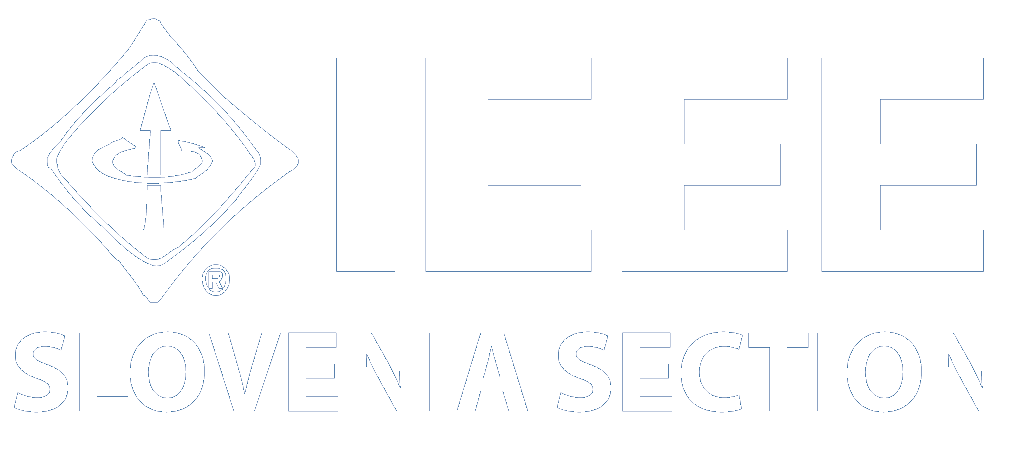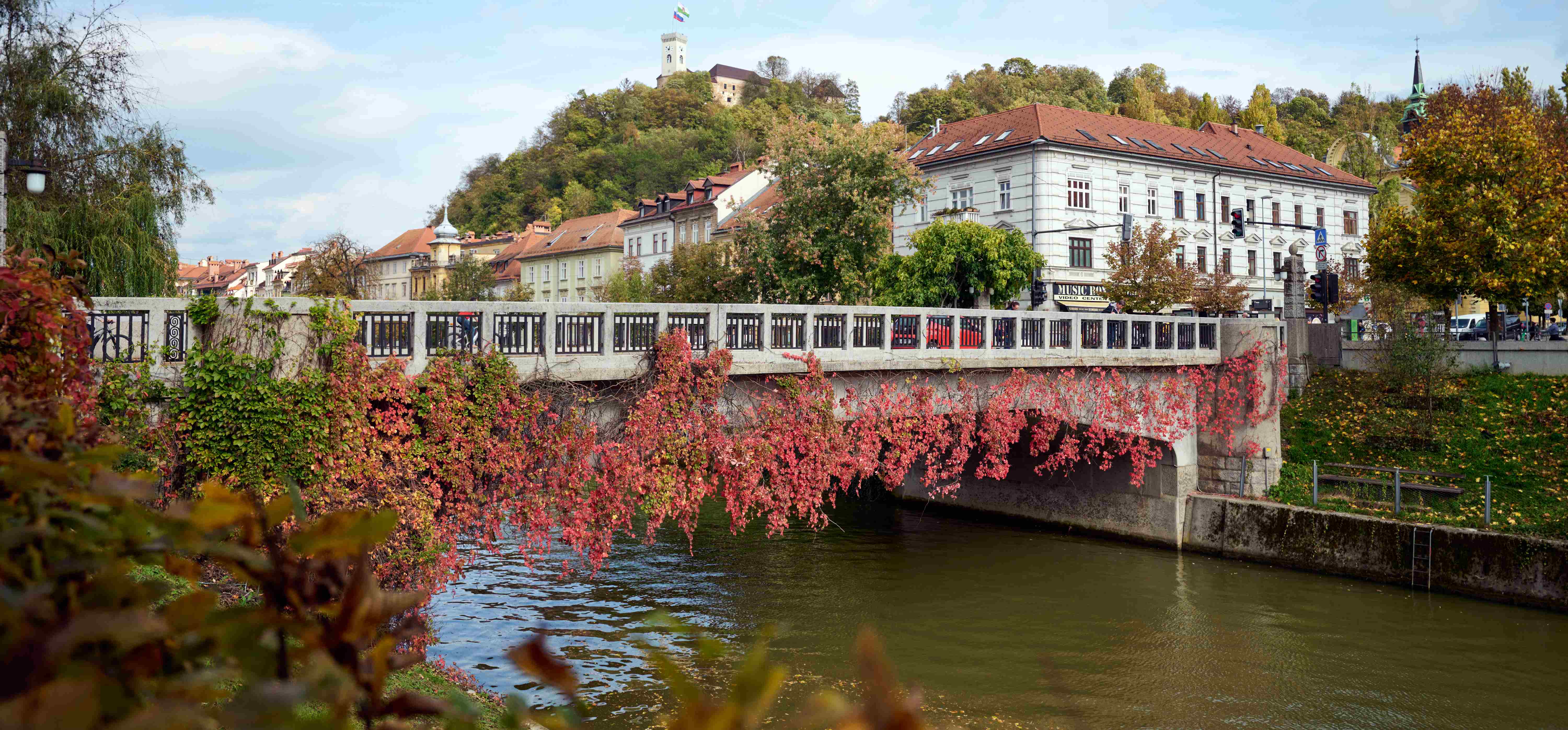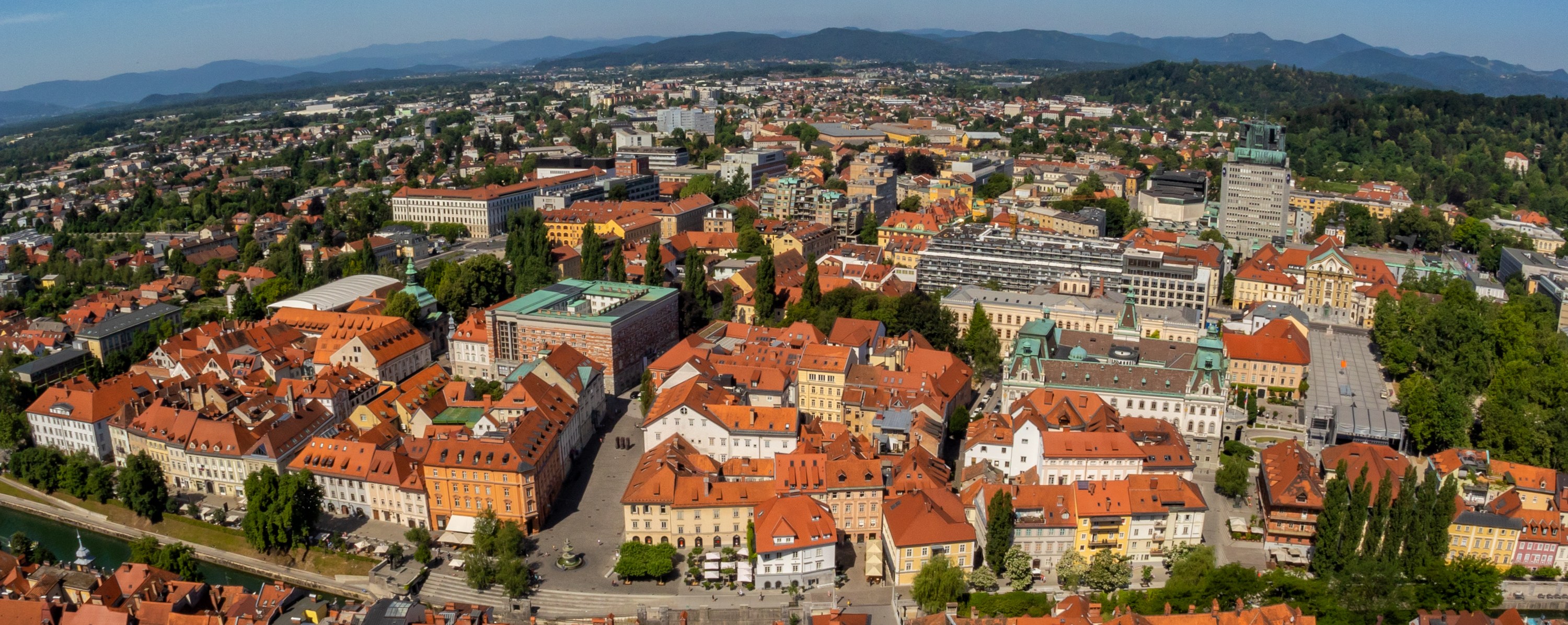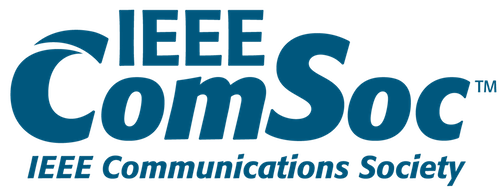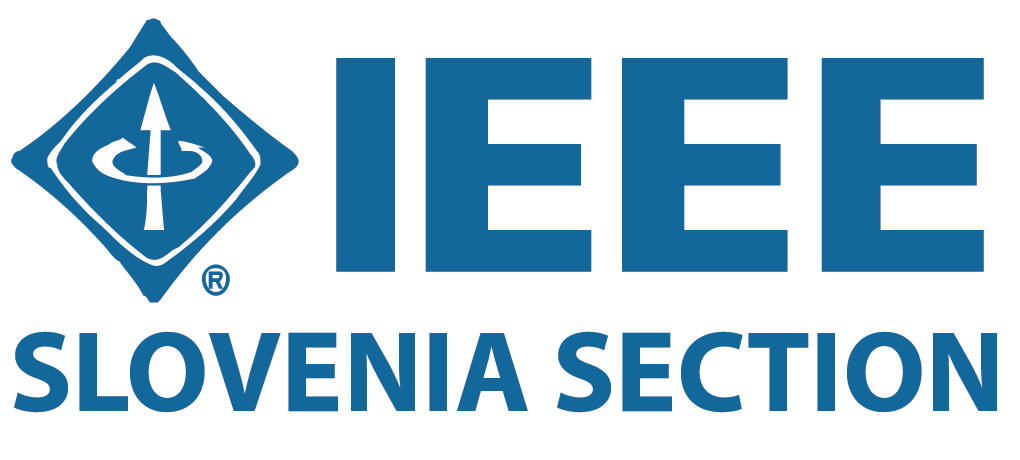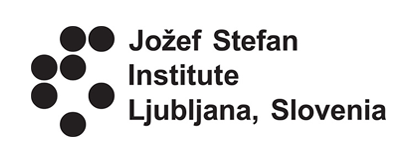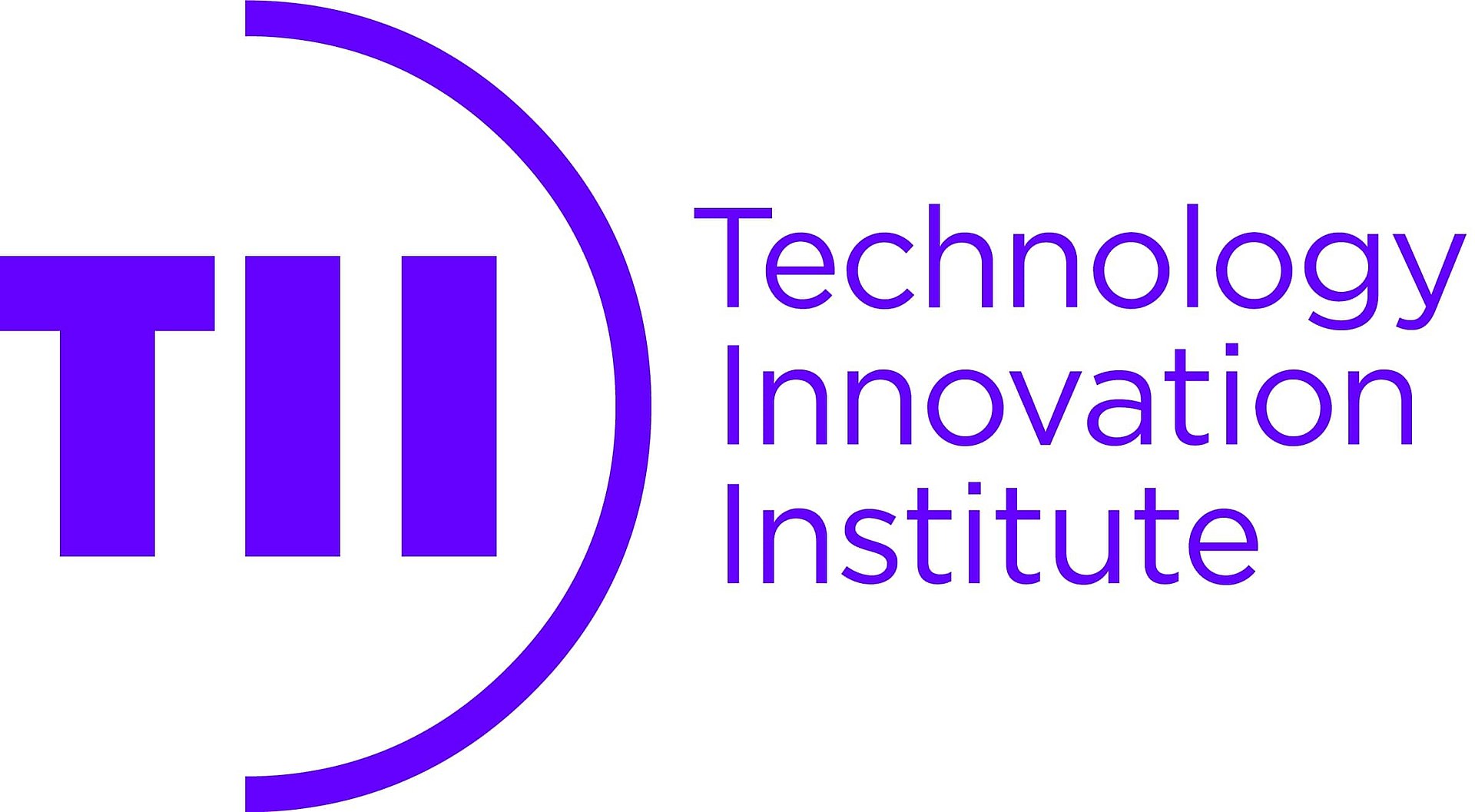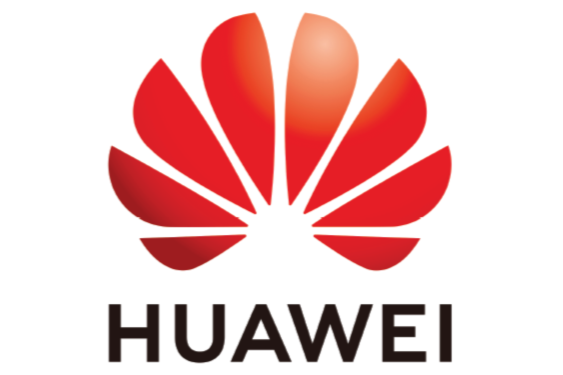AI/ML Empowered IoT Connectivity in Rural Environments
Scope of the papers
Rural areas are often exposed to connectivity issues due to sparse population density, geographical obstacles, and limited infrastructure. Geographic barriers like mountains and forests can further impede connectivity. These challenges make it difficult to establish reliable and high-speed internet connections, hindering the deployment and effectiveness of Internet of Things (IoT) devices. These devices are employed across various sectors such as agriculture (for soil moisture monitoring, livestock tracking), environmental monitoring (for water quality assessment, weather forecasting), and healthcare (for remote patient monitoring). Artificial Intelligence/Machine Learning (AI/ML) techniques can be used to optimize the use of available network resources in rural areas, enabling more efficient data transmission and reducing latency. Additionally, AI-powered algorithms can intelligently manage network connectivity, switching between different communication technologies (e.g., cellular, satellite, low-power wide-area networks) based on factors such as signal strength and cost-effectiveness. Moreover, predictive maintenance powered by AI/ML algorithms is essential for ensuring the reliability and performance of IoT devices in rural environments. By analyzing historical data from IoT sensors, AI models can predict equipment failures and maintenance needs, allowing operators to schedule maintenance proactively and prevent costly downtime. By implementing these AI-driven optimization techniques, rural communities can overcome connectivity challenges and unlock the full potential of IoT applications for agriculture, healthcare, infrastructure management, and other critical services, as well as bridging the gap between rural and urban environments. This Special Session aims to present the recent advances with respect to the theoretical foundations and practical implementation of AI/ML empowered IoT connectivity in rural environments, with special emphasis on (but not limited to):
- Ultra-low power IoT technologies and embedded system architectures
- Artificial intelligence and machine learning for IoT
- Energy-aware communications and networking
- Green IoT
- Distributed and federated learning for IoT networks
- Intelligent sensor and actuator networks
- Emerging IoT protocols and standards
- Routing and control protocols for IoT and sensor networks
- Machine to machine (M2M)/devices-to-devices communications and IoT
- Edge computing, fog computing and IoT
- ML and AI for energy efficiency and green operation in IoT networks
- Energy-efficient communications, computing and networking
Submission Guidelines
Full Papers: Full paper submissions of original work (not previously published, or under review at another conference or journal) must not be longer than five pages. Accepted full papers will be published in IEEE Xplore.
Short Papers and Extended Abstracts: Submissions must not be longer than two pages. They should convince the reader that the author(s) would give an exciting presentation and stimulate lively discussion (will NOT be published in the conference proceedings).
Submissions are now accepted through EDAS.
Submit the PaperImportant Dates
- Paper submission deadline:
April 5, 2024;April 12, 2024 - Notification of acceptance: April 26, 2024
- Camera-ready papers due: May 3, 2024
Organizers and Chairs
- Dejan Vukobratović, University of Novi Sad
- Marko Beko, Universidade de Lisboa
- Marco Zennaro, Abdus Salam International Centre for Theoretical Physics
